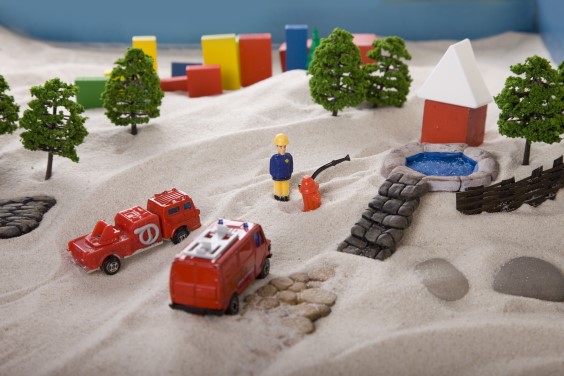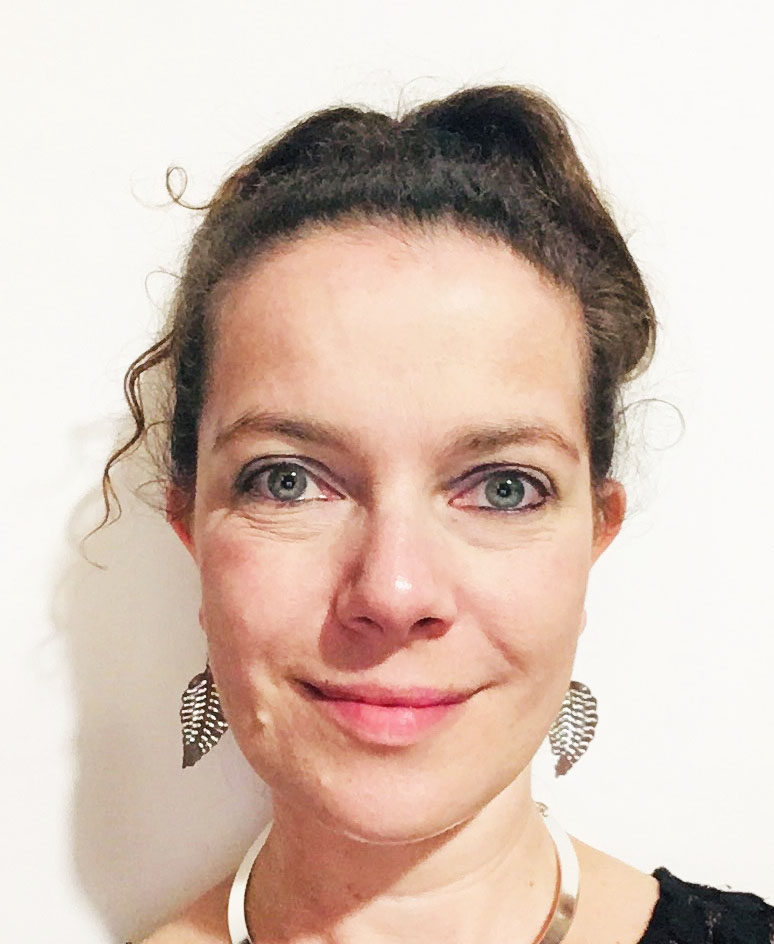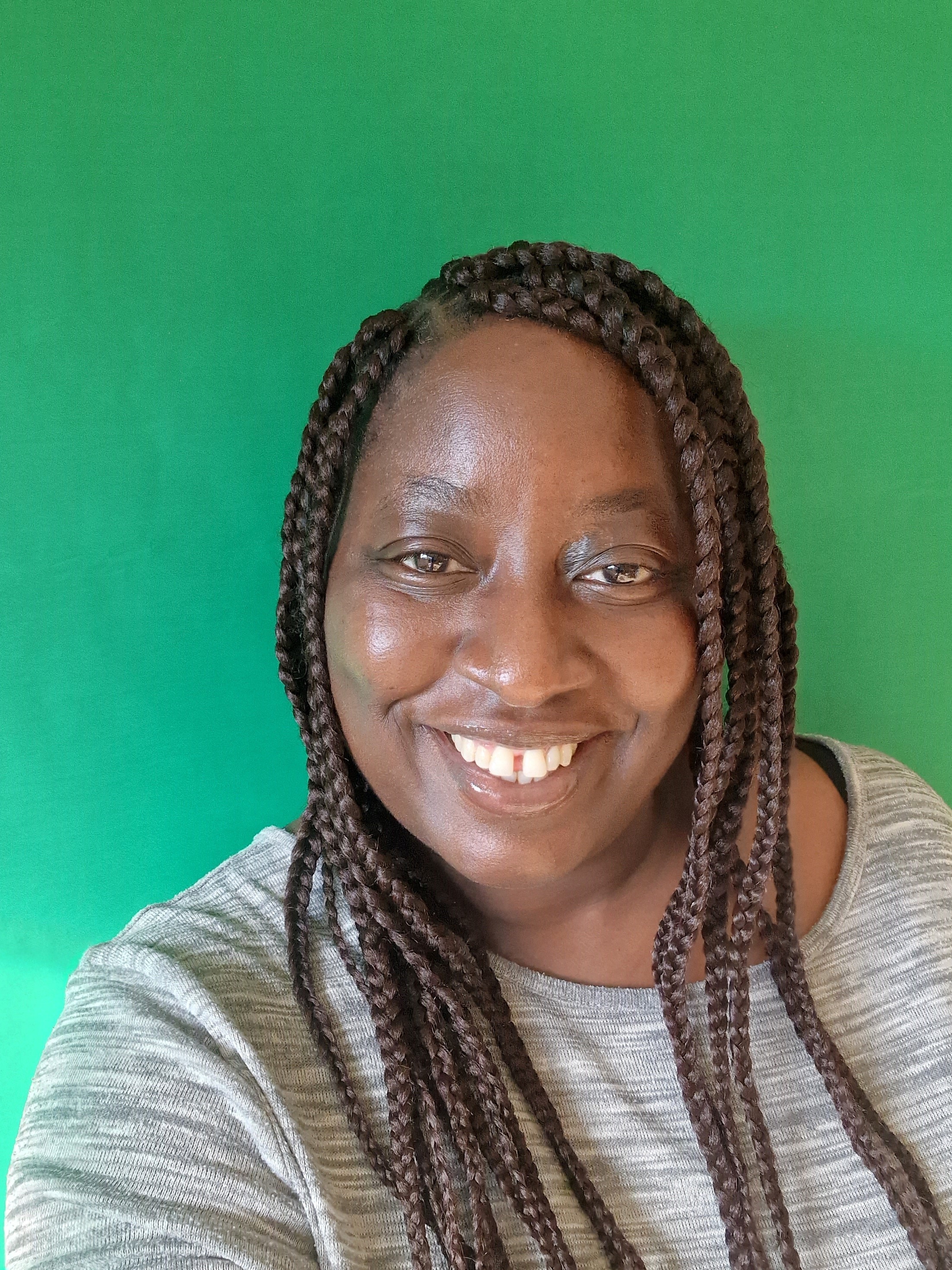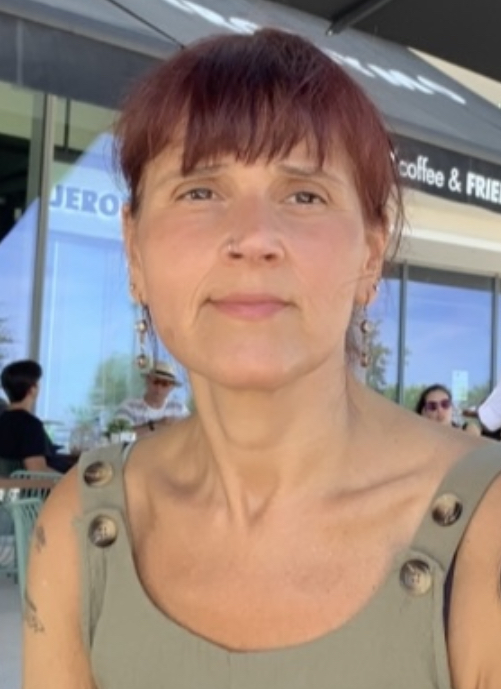
Course Details
Introduction
If you choose to study online this course will be delivered through a secure online video platform called Zoom.
It will be presented live, and participants will be asked to keep their cameras on throughout if their broadband allows. They will be asked to turn on their microphones for large & small group discussions, asking questions and the experiential activities, plus other times.
The course will cover the areas as advertised and it will endeavour to provide as near as possible the experiential element as the face to face course.
Some of the activities will need to be adapted, but it is hoped that through the use of the breakout rooms, participants can work creatively with others and have discussions in small groups.
Participants will be asked to bring materials to the sessions to facilitate the activities.
Course Structure
Experiential Workshops
These workshops will be facilitated by a qualified and experienced BAPT-registered Play Therapist.
Experiential activities form the core of the course, providing students with an opportunity to explore and reflect on the process of Play Therapy on a personal level.
Connections and links will be made to the theories that underpin Play Therapy as this emerges from the practical component, enabling students to learn from theory that directly relates to their experience.
Please note that whilst the emphasis of the workshops is on an educational not a therapeutic experience, students should be aware of potential tensions between their personal and professional responses and should be prepared for a degree of self-exposure.
Seminars and Lectures
The seminars and lectures are integrated into the workshop experiences. Each workshop will be part experiential play therapy and part seminar/lecture.
The seminars will often comprise presentations of clinical / therapeutic work and opportunity for group discussions. Visiting experts from different fields will lead seminars/lectures on particular specialist areas of play therapy practice.
Assessment
Course attendees will be expected to keep a Reflective Log of their experiences while on the course which constitutes a record of their personal psychological journey including photographs of images created in the experiential workshops.
As such the Log itself will be a highly personal manuscript and will not be assessed. In the last workshop of the course students will present a dramatised, artistic or narrative Story of this journey to share with the class.
The Journey Story will be approximately 3 minutes long and may be presented in the play media of the student's choice.
Participants will need to complete a minimum of 80% of the course and a satisfactory final Journey Story in order to receive an electronic attendance certificate. This will not automatically ensure a student’s entry to the Roehampton University MA in Play Therapy; however, individuals considering applying for Professional training are encouraged to complete a Foundation Course.
One full-day Induction (Saturday) and introductory workshop to begin the course to be held in October 2022 with weekly evening classes to follow; finishing with a full Plenary Day to close in March 2023.
Timetable
On campus timetable
|
Date |
Time |
Title |
|
21 October |
10am-4.30pm |
INDUCTION DAY |
|
25 October |
7pm - 9pm |
Workshop 1 |
|
1 November |
7pm - 9pm |
Workshop 2 |
|
8 November |
7pm - 9pm |
Workshop 3 |
|
15 November |
7pm - 9pm |
Workshop 4 |
|
22 November |
7pm - 9pm |
Workshop 5 |
|
29 November |
7pm - 9pm |
Workshop 6 |
|
6 December |
7pm - 9pm |
Workshop 7 |
|
13 December |
7pm - 9pm |
Workshop 8 |
|
10 January |
7pm - 9pm |
Workshop 9 |
|
17 January |
7pm - 9pm |
Workshop 10 |
|
24 January |
7pm - 9pm |
Workshop 11 |
|
31 January |
7pm - 9pm |
Workshop 12 |
|
7 February |
7pm - 9pm |
Workshop 13 |
|
14 February |
7pm - 9pm |
Workshop 14 |
|
21 February |
7pm - 9pm |
Workshop 15 |
|
28 February |
7pm - 9pm |
Workshop 16 |
|
6 March |
7pm - 9pm |
Workshop 17 |
|
13 March |
7pm - 9pm |
Workshop 18 |
|
16 March |
10am - 4.30pm |
PLENARY DAY |
Timetable
This timetable is provisional - dates and times may be subject to change. The sequence of some of these workshops may be subject to change, due to availability of visiting specialist lecturers.
|
Date |
Time |
Title |
|
22 October |
10am-4.30pm |
INDUCTION DAY |
|
26 October |
6.30pm-8.30pm |
Workshop 1 |
|
2 November |
6.30pm-8.30pm |
Workshop 2 |
|
9 November |
6.30pm-8.30pm |
Workshop 3 |
|
16 November |
6.30pm-8.30pm |
Workshop 4 |
|
23 November |
6.30pm-8.30pm |
Workshop 5 |
|
30 November |
6.30pm -8.30pm |
Workshop 6 |
|
7 December |
6.30pm -8.30pm |
Workshop 7 |
|
14 December |
6.30pm -8.30pm |
Workshop 8 |
|
11 January |
6.30pm -8.30pm |
Workshop 9 |
|
18 January |
6.30pm -8.30pm |
Workshop 10 |
|
25 January |
6.30pm-8.30pm |
Workshop 11 |
|
1 February |
6.30pm-8.30pm |
Workshop 12 |
|
8 February |
6.30pm-8.30pm |
Workshop 13 |
|
15 February |
6.30pm-8.30pm |
Workshop 14 |
|
22 February |
4.30pm-8.30pm |
Workshop 15 |
|
29 February |
6.30pm-8.30pm |
Workshop 16 |
|
7 March |
6.30pm-8.30pm |
Workshop 17 |
|
14 March |
6.30pm-8.30pm |
Workshop 18 |
|
17 March |
10am-4.30pm |
Plenary Day |
Suggested Reading
The suggested reading list is available here.
Materials Required
If studying the online course, you will need:
- Felt-tip pens, pastels, coloured pencils or crayons
- A4 and/or A3 paper/card
- Small sandtray/paper plate with sand, rice, flour, lentils or anything participants have at home
- A small handful of minatures (figures, animals, vehicles, little houses, fences etc) or natural items such as stones, sticks, leaves etc
- Playdough or clay
Who Teaches
Price
£1,375
Application Deadline
6 October 2023, 1pm
Places
Places are awarded on a "first paid first serve" basis due to demand
Delivery
Online or on Campus
Duration
20 Weeks
On Campus: 18 x two hour Wednesday evening classes plus two Saturdays
Online: 18 x two hour Thursday evening classes plus two Sundays
Availability
Online Teaching
Date: 22/10/2023 > 24/03/2024
On Campus Teaching
Date: 22/10/2023 > 24/03/2024


